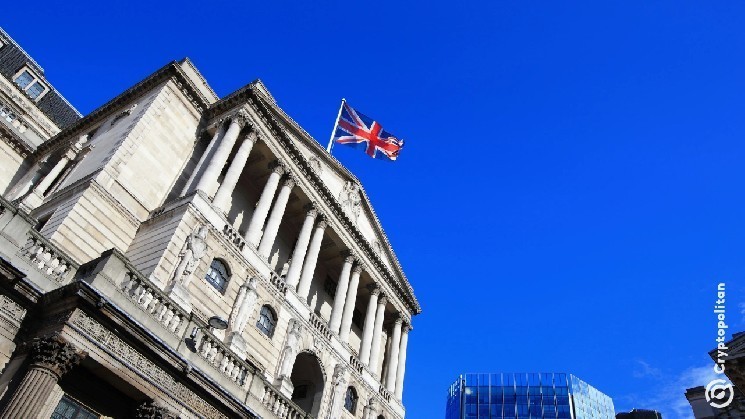The UK has lastly determined to open a dialogue on stablecoins, within the yr 2025, by publishing an almost 250-page session paper.
That might be much less embarrassing if Japan hadn’t handed its Stablecoin Legislation in 2022. Or Singapore in 2023. Or Abu Dhabi in 2024. Or if the US Congress and President Trump didn’t simply approve the GENIUS Act, which provides stablecoins a central place in American monetary infrastructure.
However right here we’re, the UK (an enormous deal in international economics and monetary markets) continues to be writing studies. It’s not even late at this level, it’s utterly out of the race. Whereas others wrote actual legal guidelines, the UK authorities continues to be within the brainstorming part.
What makes it worse, maybe, is how low-cost good regulation really is. It doesn’t want taxpayer funding, large investments, or bloated applications. Sensible regulation prices nothing and brings in every part; innovation, capital, jobs. The UK missed this practice ages in the past.
UK didn’t act whereas others constructed infrastructure
After Brexit, there was a uncommon opening, for the reason that Metropolis of London was not tied to Brussels. So the stage appeared all set for the UK to grow to be the worldwide middle for crypto. And Rishi Sunak, a former finance man serving as Prime Minister on the time, knew the stakes.
However as at all times, understanding one thing in authorities doesn’t imply it will get performed. He was overloaded, and nobody else took the wheel, so in fact nothing occurred.
In the meantime, USDC’s Circle went public only a month in the past. Its market cap has already crossed $50 billion. Traders within the US at the moment are treating stablecoins as the bottom forex for every part constructed on blockchain. This isn’t new.
In 2021, hedge fund Marshall Wace organized a personal dinner with Circle CEO Jeremy Allaire and two prime UK regulators. Jeremy laid out the case for stablecoins driving the following period of economic tech. One of many British officers left that assembly and allegedly known as them “a bunch of libertarians.”
To start with, that was simply unnecessarily impolite. But additionally, it revealed a system that laughs at innovation whereas the remainder of the world is busy adopting it. Singapore and Abu Dhabi didn’t discover crypto bros humorous, or disgusting.
They noticed what crypto might grow to be and moved quick. The UK, in contrast, continues to deal with something not created by its personal forms as suspicious. It doesn’t assist that the present financial technique relies on extra public spending and better taxes.
Chancellor Rachel Reeves could have spoken about encouraging threat in her Mansion Home speech, however her insurance policies are anchored within the concept of “stability.” She’s surrounded by layers of presidency that don’t have any clue the right way to construct an actual tech financial system.
Throughout the Atlantic, Scott Bessent, her US counterpart, really will get it. He’s been in markets for many years; the man virtually grew up on Wall Avenue. He is aware of what works: low cost power, free markets, and innovation. He’s known as crypto “one of the crucial necessary phenomena on this planet proper now.”
Scott believes stablecoins will grow to be the primary forex on the blockchain, and sees them as a instrument to increase greenback dominance. Each time somebody makes use of USDC and buys Treasury payments, they’re successfully backing the US financial system. He will get it, and that’s what actual management appears to be like like.
In the meantime, the EU and China are going all-in on central financial institution digital currencies. These are cash tied on to authorities accounts. They let the state monitor each fee, pause transactions, freeze accounts… mainly, complete management. The stablecoin mannequin is the alternative of that since it’s created by personal companies. It’s held by customers. It’s not topic to bureaucratic chokeholds.
One system is about management. The opposite is about freedom. And the UK nonetheless hasn’t picked one. If we’re fortunate, earlier than the yr is over, Brussels would possibly lastly determine what good policymaking really appears to be like like.









